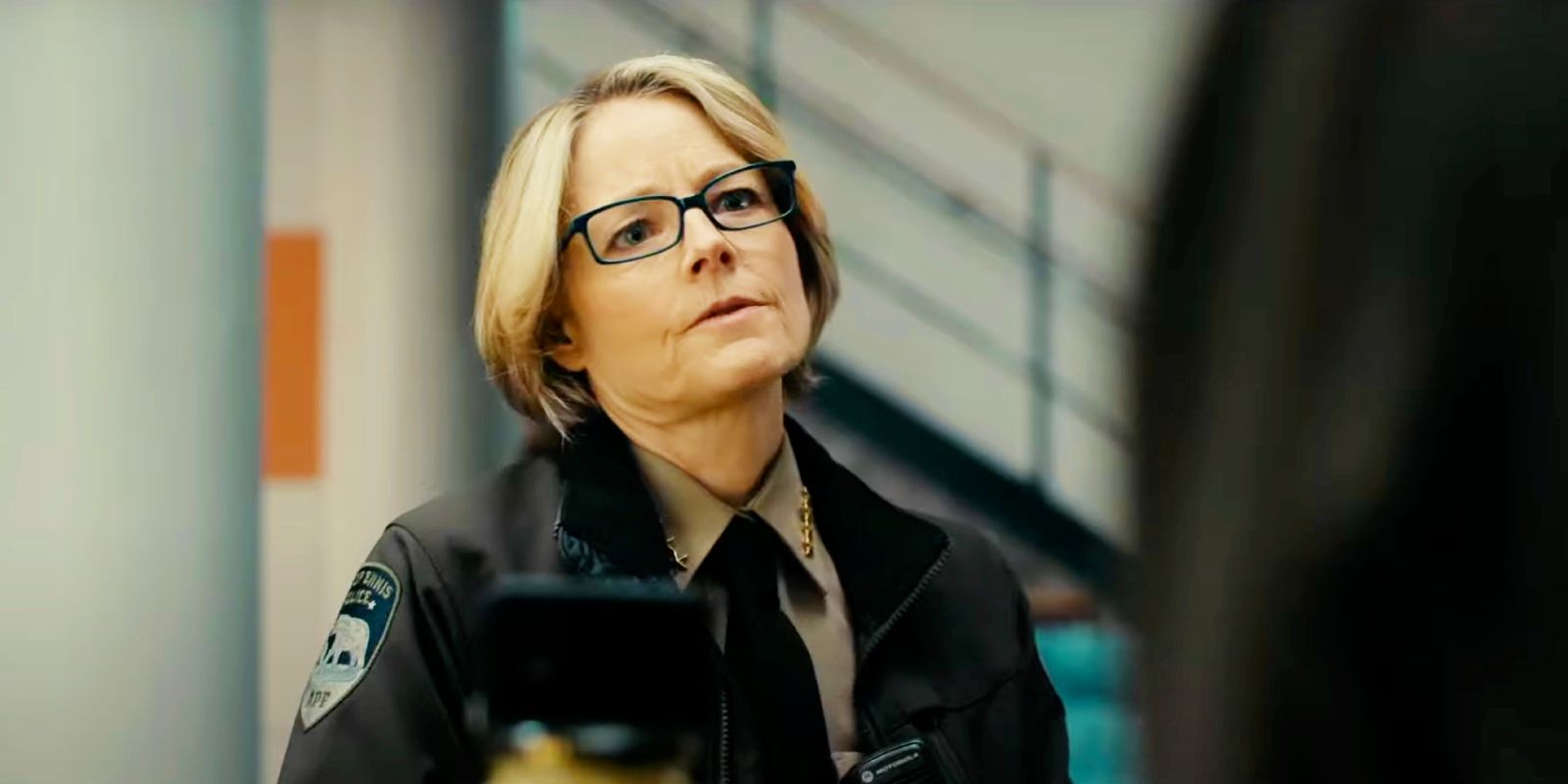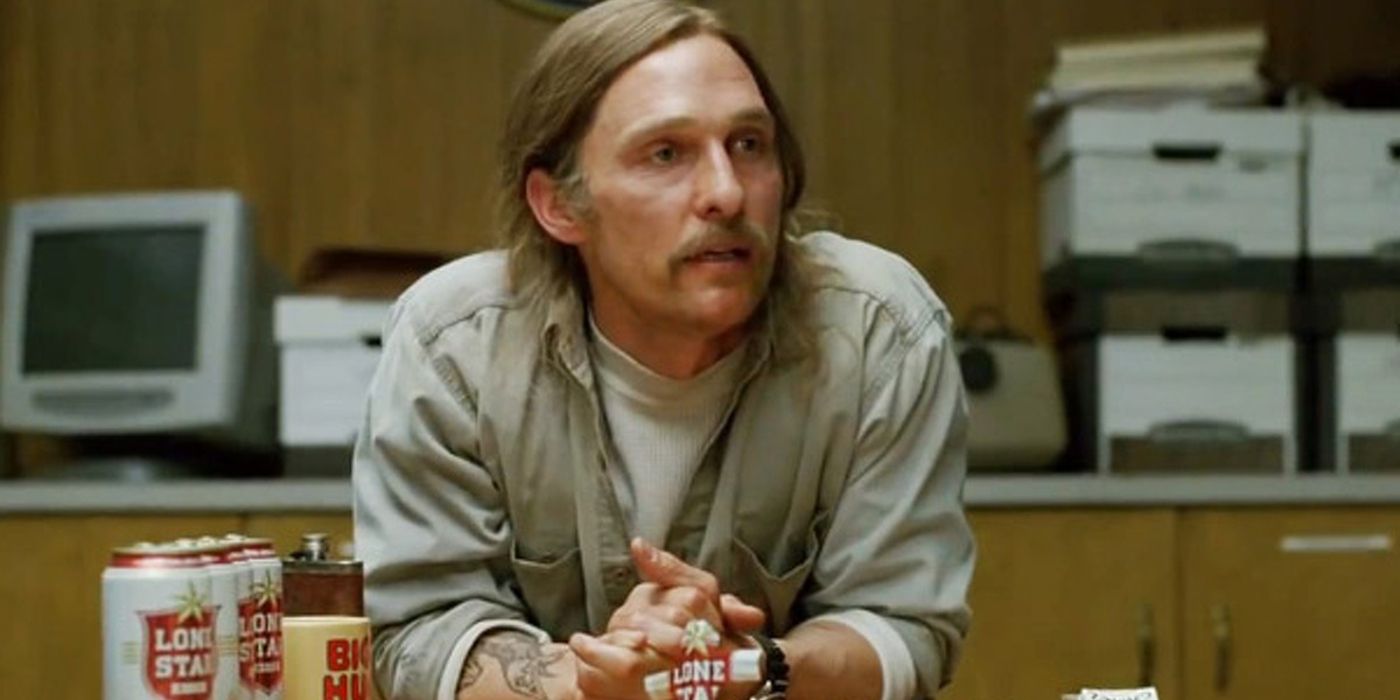One complaint kept negatively comparing True Detective: Night Country to season 1 but it eventually managed to fix it in its finale’s closing arc.
A complaint comparing True Detective: Night Country with season 1 suggested that it lacked one crucial ingredient. However, in its finale, True Detective season 4 finally fixes this complaint by including that missing element. From its opening episode itself, the HBO series’ fourth installment established that it was borrowing several plot devices from season 1.
While it adopted its own standalone storyline, which had its share of compelling characters and arcs, its True Detective season 1 easter eggs made it hard for viewers to not compare it with the series’ inaugural installment. One of these comparisons revolved around the fact that even though True Detective: Night Country adopted many narrative aspects from season 1, it was not staying true to the franchise’s essence because of one absent crucial piece that defined all three previous seasons. Surprisingly, Night Country does not break the trend and fixes the common complaint.
True Detective: Night Country’s Finale Finally Had An Interrogation Scene

The interrogation scenes were so crucial in True Detective season 1’s storyline that even subsequent seasons featured them, making main character interrogations a staple of the show’s narrative structure. However, despite borrowing several narrative elements from its predecessors, True Detective: Night Country initially did not feature any interrogation scenes, which became a common complaint for viewers who enjoyed the first three seasons’ format. However, in its finale, the season finally surprised viewers with a main character interrogation moment, bringing the series back to its roots.
Was True Detective: Night Country Right To Avoid Interrogation Scenes?
Since interrogation scenes, especially in season 1, were instrumental in developing the main detective characters, True Detective: Night Country, arguably, should have continued the tradition. Since it borrowed several plot devices, like spiral motifs and supernatural undertones, from True Detective season 1, it would have made sense for it to adopt the compelling interrogation scenes as well. Given how effectively the scenes added more depth to Rust and Marty’s characterization in season 1, True Detective: Night Country would also have benefitted from them.
However, one can also argue that True Detective: Night Country was meant to do something different to bring new eyes to the HBO series. It would not have been possible for the season to etch its own identity if it had included long interrogation scenes like season 1. Not featuring interrogation scenes also allowed True Detective: Night Country to focus more on building Danvers and Navarro’s dynamic, which likely would have been overshadowed if the season had trodden the same path as season 1 and featured more individual interrogations of the two main characters.



